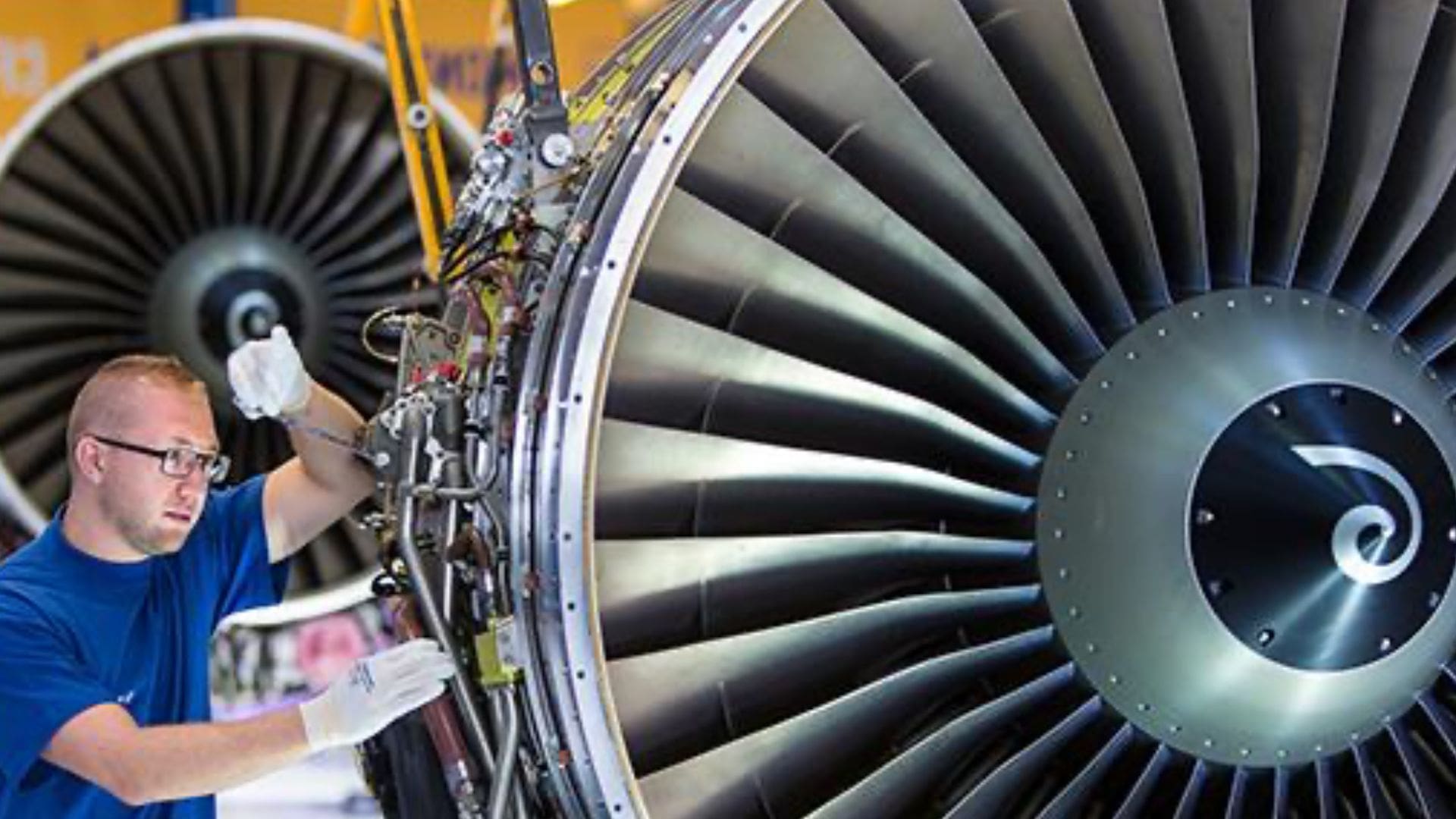Industry 4.0 Revolutionizes Manufacturing in Auvergne-Rhône-Alpes
- France | 13 October 2018

The Auvergne-Rhône-Alpes region is embracing Industry 4.0, a paradigm shift that integrates digital technologies into manufacturing processes. This transformative approach not only maximizes resource potential but also offers a lifeline to small family companies striving to remain competitive within France and avoid outsourcing work to lower-cost countries. While some businesses face cost constraints, collaboration and strategic partnerships are emerging as viable solutions. As the region explores the benefits of Industry 4.0, a debate ensues regarding the most effective path forward.
For smaller family businesses in the Auvergne-Rhône-Alpes region, incorporating Industry 4.0 represents a significant challenge due to higher salaries and operating costs. However, many are taking a collaborative approach to overcome these barriers. Kalistrut, a company committed to manufacturing in France, recognizes the need to embrace Industry 4.0 to enhance competitiveness. By automating manufacturing processes and exploring technologies like additive manufacturing, small companies can level the playing field and avoid being left behind.
Cost-prohibitive investments in new technologies can hinder the adoption of Industry 4.0 by smaller family businesses. To mitigate risks and share costs, companies like MGB and Lathuille Hudry in Annecy have formed partnerships to co-invest in shared additive manufacturing equipment. By pooling resources, these companies can afford cutting-edge technologies that would otherwise be unattainable. Bertrand Duby from MGB emphasizes the strength derived from collaboration, as working together allows businesses to thrive and remain competitive.
While automation reduces costs by minimizing the need for human operators, companies producing complex parts must maintain a balance between automation and skilled labor. While test-benching becomes predominantly automated, allowing for 24/7 operations, final assembly and quality and safety tests still require the expertise of human operators. Achieving this balance ensures optimal efficiency and maintains the human touch in critical processes.
While the majority of companies in Auvergne-Rhône-Alpes prioritize the incorporation of Industry 4.0, there are differing opinions regarding its efficacy. Industry leaders like Patrick Besnier from DBC argue that Industry 4.0 should not be considered a one-size-fits-all solution. While the term is widely discussed and pursued, its blanket application may not guarantee improved efficiency, cost reduction, or increased production capacity. Despite this skepticism, disruptive technologies continue to be experimented with and adopted as the region seeks to benchmark itself against global competitors.
Auvergne-Rhône-Alpes is at the forefront of embracing Industry 4.0 to revolutionize manufacturing processes. While smaller family companies face challenges in terms of costs and resources, collaborative partnerships and strategic investments enable them to reap the benefits of this new era. Balancing automation and skilled labor is essential to maintain quality and efficiency. As the region moves forward, disruptive technologies will continue to be explored and adopted, allowing Auvergne-Rhône-Alpes to position itself as a global competitor in the manufacturing industry.








